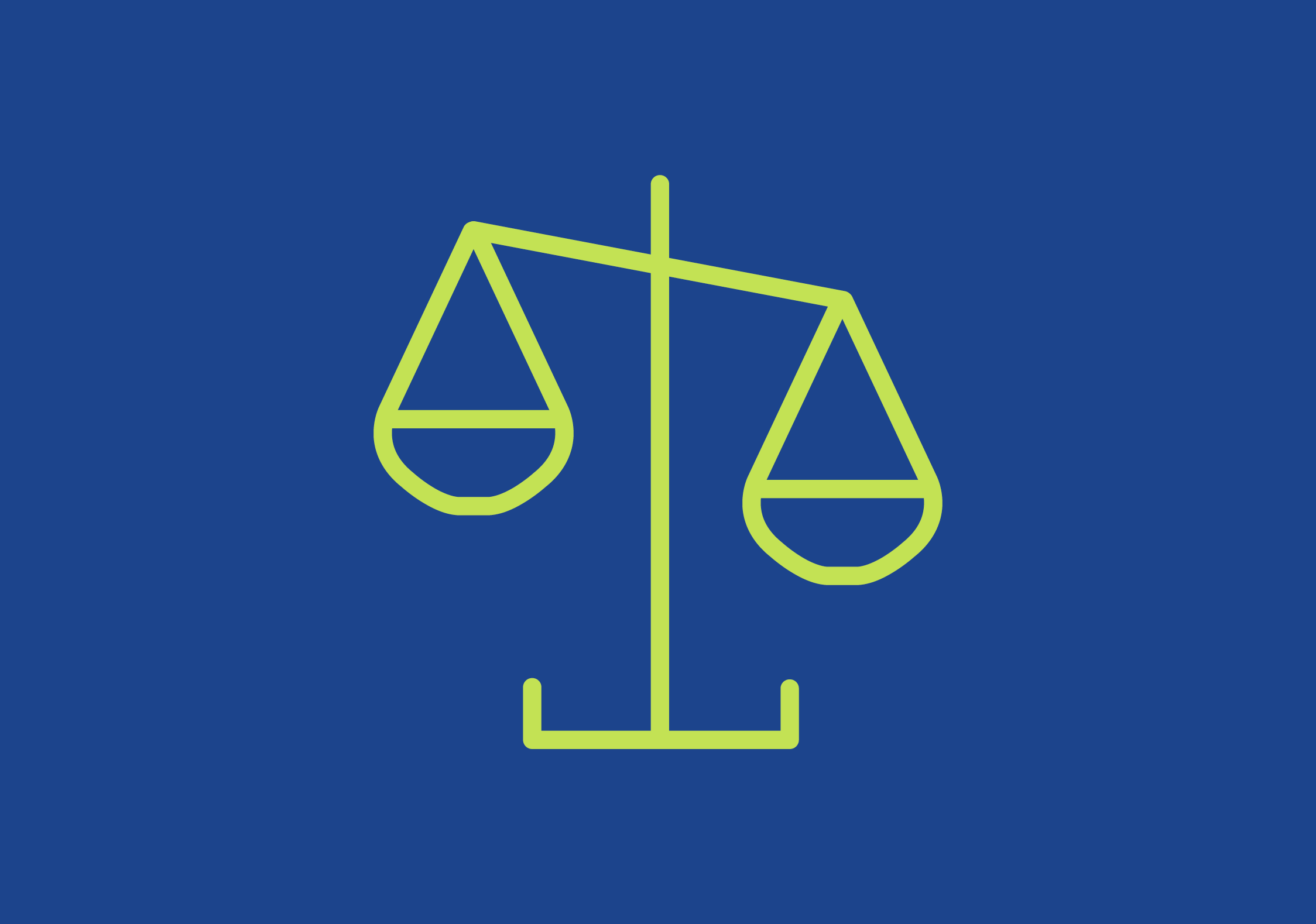Experts Warn Skilled Nursing Facilities of Record Awards in False Claims Act Cases

Legal experts are issuing warnings for the long-term care industry because the U.S. government scored the second highest number of False Claims Act settlements during the last fiscal year.
According to the Department of Justice (DOJ), settlements and judgments in False Claims Act cases exceeded $2.2 billion with the vast majority — $1.7 billion — stemming from healthcare cases.
In addition, $1.9 billion of the total was related to whistleblower cases.
The department highlighted several high-priority cases, including that against American Health Foundation and three affiliated facilities providing “grossly substandard skilled nursing services” between 2016 and 2018.
Mysty Blagg, an attorney with Shipman & Wright LLP and a former healthcare compliance investigator, said the release highlighted a case involving cybersecurity, so nursing home operators should take the hint and focus on protecting patient personal and medical data.
“They don’t seem to be decreasing the emphasis on nursing homes,” she said, adding that the mention of holding nursing homes accountable in the 2023 State of the Union address is also a signal. “If we read the tea leaves and piece that together with the audits on the rate of the use of antipsychotics, they’re still interested in nursing homes and seeing if they’re providing quality care to residents.”
Whistleblower cases may become a more significant threat for the operators of skilled nursing facilities. Blagg said there are “a lot of disgruntled” nurses who are doing more work with fewer resources. The growing frustration of employers not listening to them can lead to situations where they feel it necessary to become whistleblowers.
Attorney Matthew J. Murer, who chairs the Health Care, Public Policy, and Government Investigations Department Chair at Polsinelli PC, cautions clients to pay attention to what employees are reporting internally.
“If a complaint is filed through a complaint line and you don’t respond and don’t engage, frustrated people leave and go to an attorney and say, ‘I wasn’t listened to,’” he said.
Providers should expect that any case against them will include some analysis of how they used funding from the CARES Act, the first legislation targeting economic relief from the pandemic signed into in March 2020, and from the Paycheck Protection Program, added Murer.
“I’ve never seen industry face the array and depth of challenges they have right now,” he added.
Read the full DOJ release here.